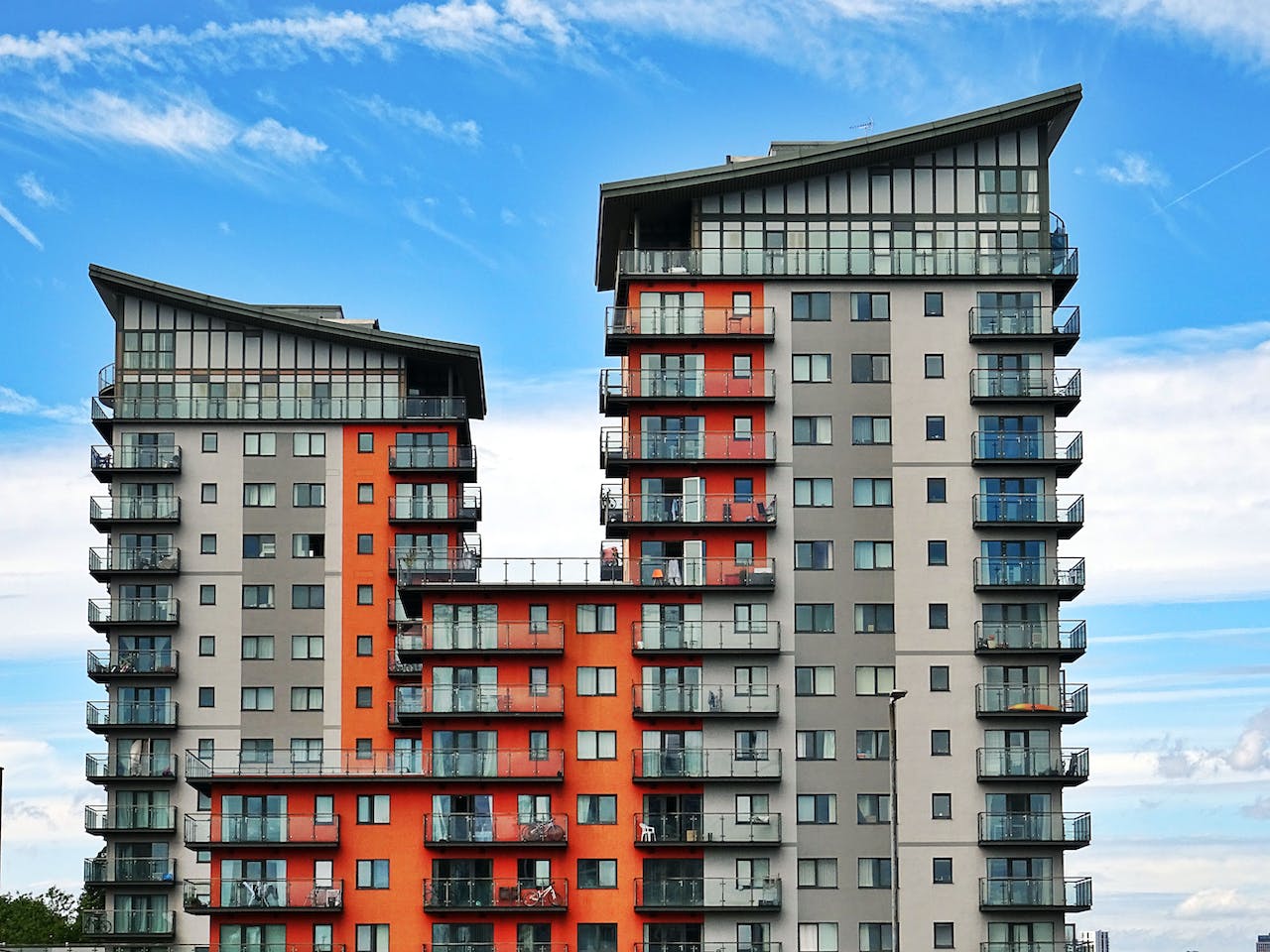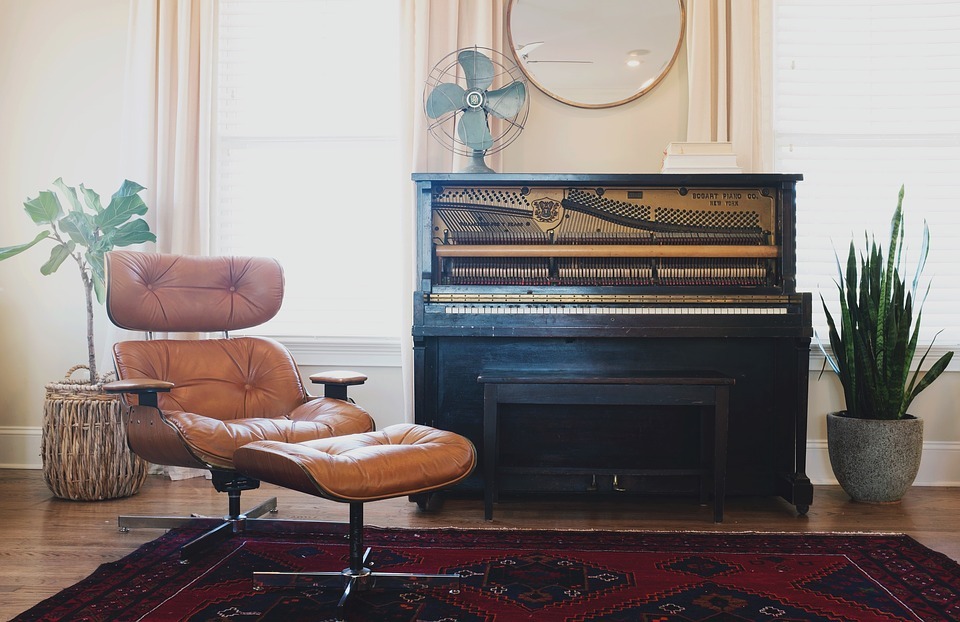Defining Your Terms
First, it should be noted that buying an apartment and renting an apartment aren’t quite the same, though the two terms are often used synonymously. Condominiums and traditional apartments can be purchased from certain property owners, but this isn’t generally going to be an appreciable investment. That is to say: apartments decline quickly in value.
For this reason it makes a lot more sense to rent, if you’re considering an apartment. This is the common practice. Still, there is some overlap in what you want to do before you sign on the dotted line in either a renting or ownership capacity. You can check the following site for some additionally in-depth information on how to buy an apartment. In this writing, we’ll primarily focus on the initial process.
What To Look For When Buying An Apartment
When you go to buy an apartment, it’s important to consider the neighborhood. It’s also important to consider the kind of energy and HVAC powering the unit, or whether such options are reliable. Previous tenants are a consideration, and current neighbors may also be a factor you want to take into account.
There are many questions to ask when buying an apartment, and you don’t want to proceed until you’ve found answers for them. Looking at multiple units makes a lot of sense, because there are some things which just can’t be helped. Ultimately there are positives and negatives with all rental choices; the final question is twofold: what are you willing to deal with, and what can you deal with?
If you buy a new apartment, you’ll have working amenities etc., but the cost may not be worthwhile considering what you could have acquired. Just because a unit hasn’t been built recently doesn’t mean it isn’t worth renting or owning. What you need to do is list non-negotiable items along with pros and cons, then calculate all options once you’ve seen multiple units.
Buying An Apartment Checklist: Questions Considered
In brief, your checklist will differ depending on the needs you have, and ultimate goals associated with your quest for a unit. However, some questions you might want to put on it may include:
- How long do you plan on living there?
- What is your monthly budget?
- Will you be advancing occupationally in order to afford it when rent increases?
- Does the apartment allow for pets? If so, are you required to pay a deposit?
- Is heating electric or gas-powered?
- How modern is the building?
- Can you buy new or used?
- Are you eligible for housing discounts based on income, race, or other factors?
- Are you going to buy apartment options, or rent?
- Will you be raising a family there?
- How many rooms do you need, how many can you make work?
- Will you go with a furnished apartment, or an unfurnished apartment?
- Do you want to be centrally located?
The answers to these questions reveal the items for your checklist—it will differ per tenant. Once you have these things figured out, it’s time to search throughout the location you plan on moving to. Find multiple units. Conventional wisdom says you should look at a minimum of five units.
If you’re thinking about actually owning an apartment or condominium, there are even more questions you’ll want to add to your checklist; such as your ability to landscape the property, or whether or not you’ll be pursuing any DIY projects geared at expanding unit value. If you’re handy, DIY projects aimed at refurbishing, remodeling, or maximizing a rental unit could net you rental discounts.


